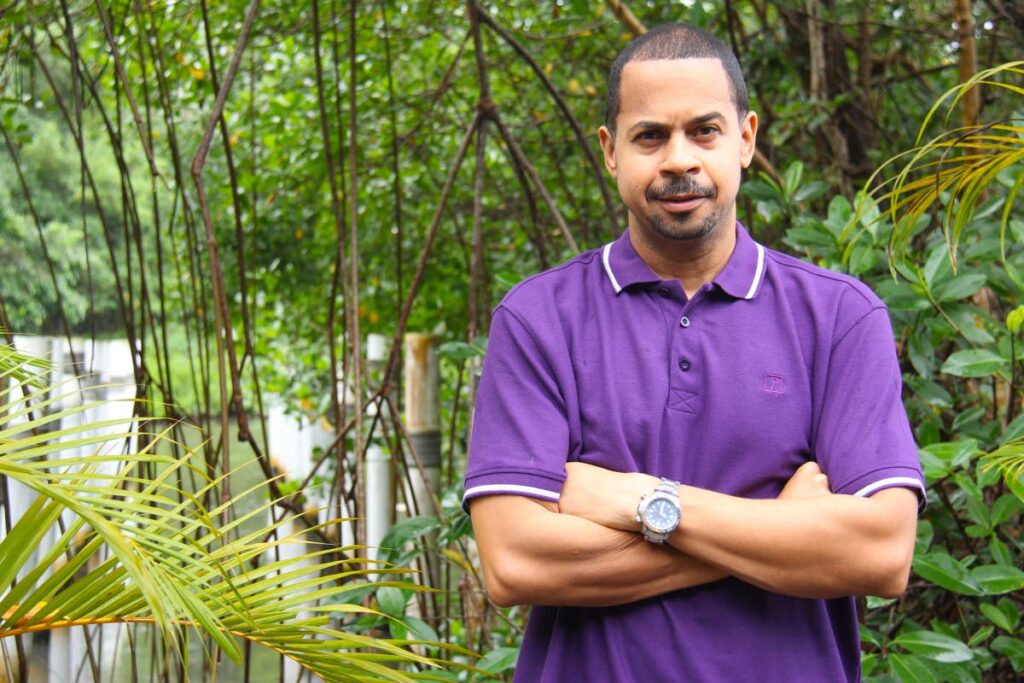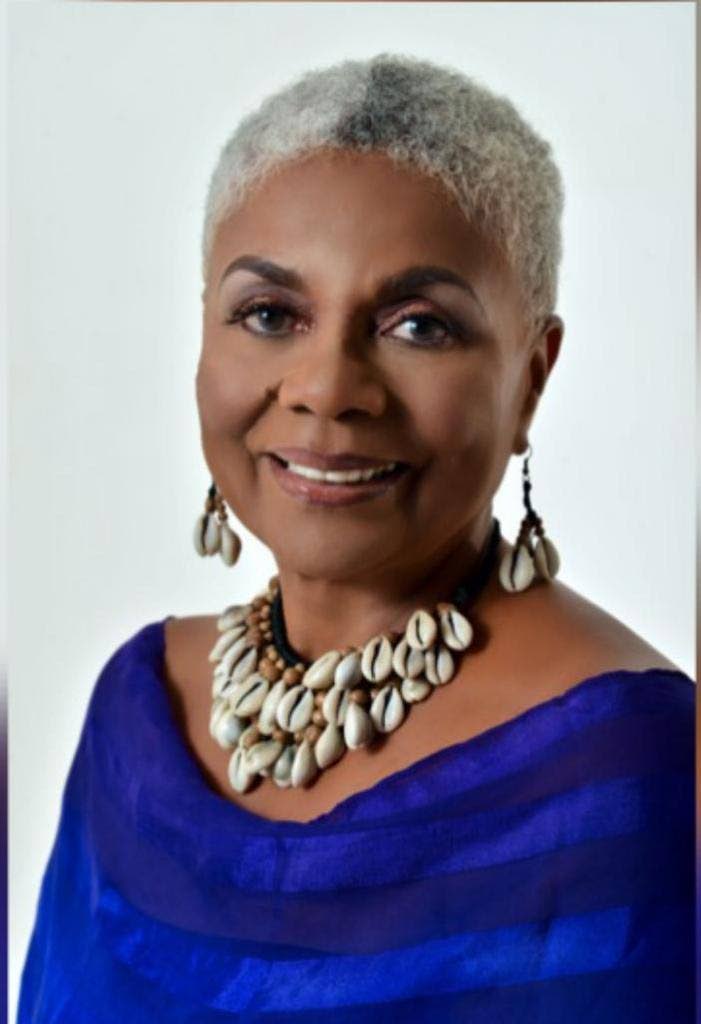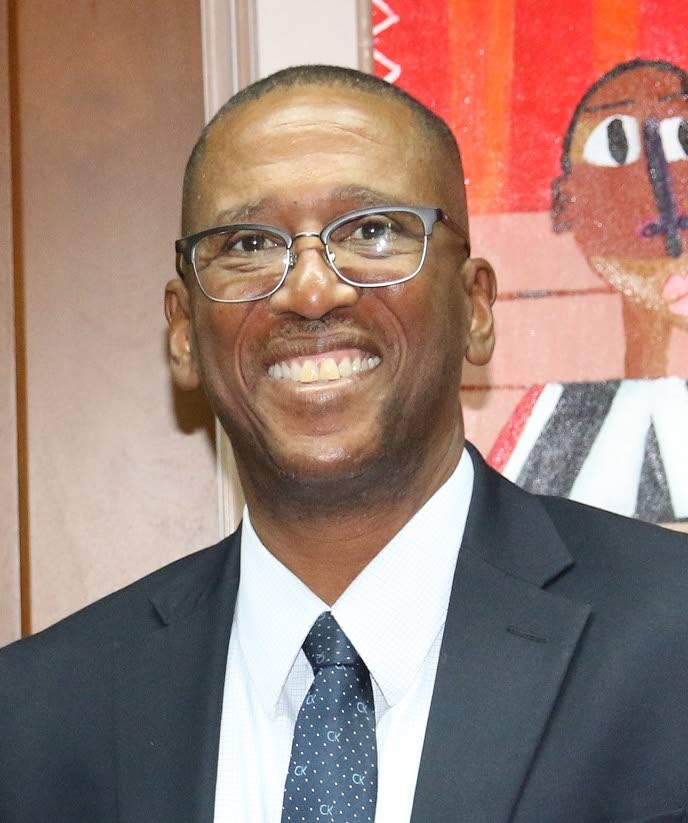The essential message of home
Written by Dara Healy on November 2, 2024

Dara E Healy
Lakshmi karoti kalyasnam
Aarogyam sukh sampsdam
Mama shstru vinaashaaya
Deep jyotir namostute
Mother Lakshmi
Grant me all round welfare – spiritual, mental and physical
Grant me health, wealth and happiness
Destroy all my enemies – internal and external
I bow to your light
SHHEEYAOW – the sound of the pumpkin as it sizzles and chunkays in the oil and seasoning. Buhdup, buhdup as auntie beats the dough on the tawa with two dablas, wooden spoons, for buss-up shut.
Mmm, as the lovingly prepared food hits the mouth, carefully carried on fingers tingling with anticipation.
These are some of the sounds and memories of Divali, a Hindu celebration that has captured the imagination of our nation.
Much has been written about the importance of this festival, its emphasis on sharing, family, food and bringing light into our lives. Yet for Pundit Ravi Ji, the deeper message of Divali lies in the need to focus on the home. As he declared while we were sharing thoughts about the day, “We cannot rescue TT if we cannot rescue the home.”
The story of Divali is deeply connected to the concept of home as a central place for family. Ram and Sita were forced to leave their home and faced many trials while they were gone. For Ravi Ji, their journey symbolises the pressure that homes and family life are currently experiencing.
As we talked, he pointed out that traditional concepts of home were ultimately distorted by colonialism and later by Western, globalised ideas of the meaning of family and how a home should function.
In hindsight, we may question whether modern notions of equality of the sexes missed the significance of prioritising the need to safeguard our families. In TT, from days that begin at 4 am, to hours-long traffic, toxic work environments, both parents working, inadequate or absent extended family support, the phenomenon of latchkey children and more – it is hardly surprising that families are being stretched to the point of breaking.
For Ravi Ji, the woman has a critical role in shaping, guiding and perhaps even saving the family. He points out that a great deal of the trauma in our homes results from the stresses of modern life, as well as the lack of governmental and other support for women.
In traditional homes, the woman would be at the centre of managing the household, children and finances. Through our community work, we hear from women that this is often still the case.
Sadly, there is also a lack of understanding that they need support from their partners and others in the home.
“Usually, the home is represented by Sita and Ram, husband and wife. Sita and Ram coming back home is about keeping the home intact. The final celebration of Divali is Ram coming back home with Sita, so it has a very strong domestic message.
“Unfortunately, modern life is battling with the home and therefore battling with the
Ramayan Katha, or the story of Ram.”
From humble beginnings, Ravi Ji understands that the celebration of Divali does not require a great deal of resources.
“When I used to live in the cocoa fields in Montserrat Ward, we used to make deyas out of dirt and flour. They would bake in the sun, or sometimes we would put them on the chulha,” a traditional Indian stove made from clay. Sweets such as jalebi or laddu were made from simple ingredients that were available, such as flour, sugar, oil or condensed milk.
His views on the role of women in the family may seem from another era, but it is not by accident that Mother Lakshmi, a powerful female energy, is at the centre of Divali celebrations. She represents generosity and prosperity, both material and spiritual. It is said that she channels the energy of Lord Vishnu, “the Hindu god who restores balance between good and evil.”
As violence continues to plague us, we are challenged to embody kindness, understanding or forgiveness, and to place more emphasis on helping families to heal. It is essential that we commit to taking the lessons of Divali beyond the food and the beauty of the lighted deyas. As Ravi Ji warns, “we are headed along a path that is anti-Divali, anti-Ram and Sita, and anti-home. Divali reminds us that we have to go back to the home.”
Nothing more left for me to say. The elder has spoken.
Dara E Healy is a performing artist and founder of the Indigenous Creative Arts Network – ICAN
The post The essential message of home appeared first on Trinidad and Tobago Newsday.




